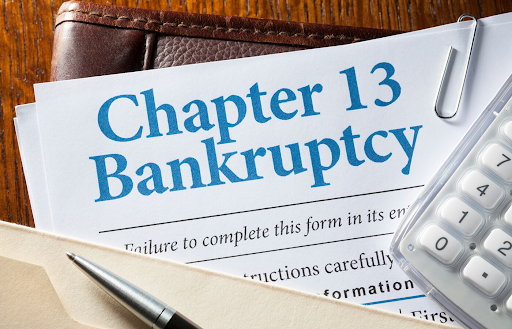Trading currency pairs in foreign exchange markets at a specific currency rate is known as currency trading. The currency market is among the biggest and most liquid globally, with a daily turnover in 2019 of $6.6 trillion. In its most basic form, trading currencies may already be a part of your daily routine if you travel abroad. Consider changing your US dollars for Canadian dollars before departing for a foreign country, such as Canada, from the US. You buy Canadian currency with US dollars. Depending on the current exchange rate, you could get $1.00 worth of US dollars for $1.26 Canadian (CAD). Of course, the value of the dollar swings continuously. As an investing strategy, trading currency comes into play here. If you’re interested in learning further about trading currency, this guide will teach you the essentials.
If You Trade Currencies, Here’s What You Need to Know.
While it may appear simple, currency trading carries a high risk. Before you begin trading currencies, it is imperative that you thoroughly educate yourself on the subject.
There are a few things to watch for when it comes to trading currency.
- Leverage is a shared trading currency strategy in which you deposit a relatively modest amount of money into your account. Still, you can buy at a much higher price than what you have in your account.
- Lending money to make a trade is known as “margin trading,” resulting in both large profits and significant losses. On the other hand, leverage permits traders to profit from even the most minor changes in currency values.
- When trading on margin, keep in mind that you are taking out a loan from your broker. A margin call, which implies you owe your brokerage money to cover the loss of the cash you borrowed, may come your way during a failed trade, depending on their policies.
Inconsistent Quoting Rules
One US dollar buys a certain quantity of Australian dollars in a currency pair (USD/AUD). While numerous currencies are traded against the USD, no international consensus specifies how currency pairs are designated. For example, the dollar-euro team (EUR/USD) might be in reverse order, meaning that one euro buys a specified number of dollars.
The way currency pairs are priced and what a change in a quote implies for your trades are essential considerations for forex traders.
Costs incurred in completing a transaction.
Trading in the currency market entails fees, just as it does in the stock market. Because commissions are so loosely regulated, it is up to the seller to determine how many to charge. Some forex brokers charge by the trade, while others use a wider bid-ask spread.
The End of the Story
A currency trader isn’t suited to all investors. There is a learning curve for currency trading, just like when you invest your money in any other investment vehicle. Begin with a tiny amount of money. Make sure you only put your money in danger for a small amount you could afford to give up. If you’re successful at trading currencies, don’t grow overconfident, as you might if you were. If you’re successful in your first few transactions, it’s easy to become overconfident.
The Most Important Things to Remember
- Traders use one country’s currency to buy another country’s currency.
- If you buy an appreciating currency in a currency pair, you profit. If you sell an appreciating currency, you’ll lose money.
- Traders should be aware of the dangers of currency trading, especially the widespread practice of utilizing leverage to increase the chances of profit.
- When trading forex with high leverage or margin, you risk losing more than you put up.
- To avoid losing money on trades, be aware of transaction expenses and how they can quickly build up.





Recent Comments